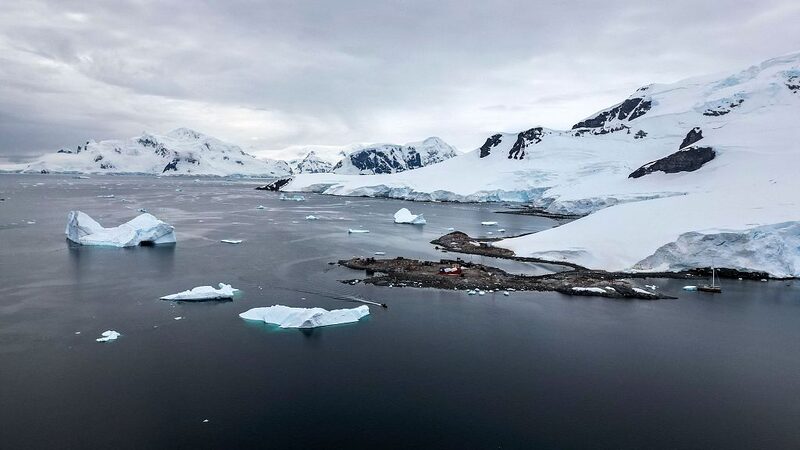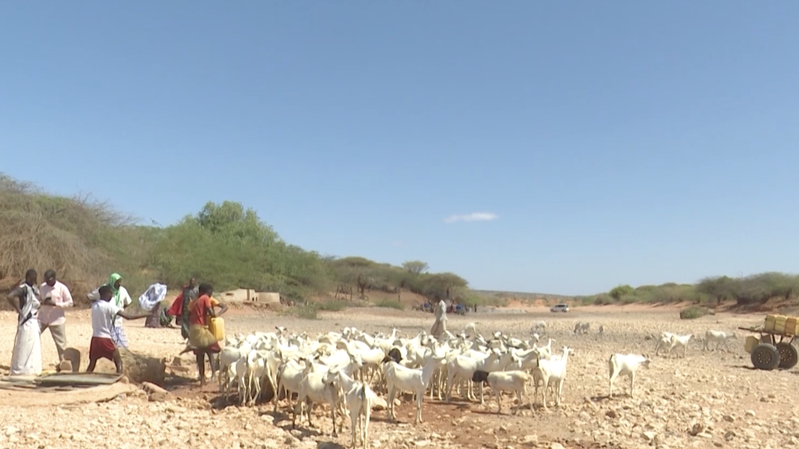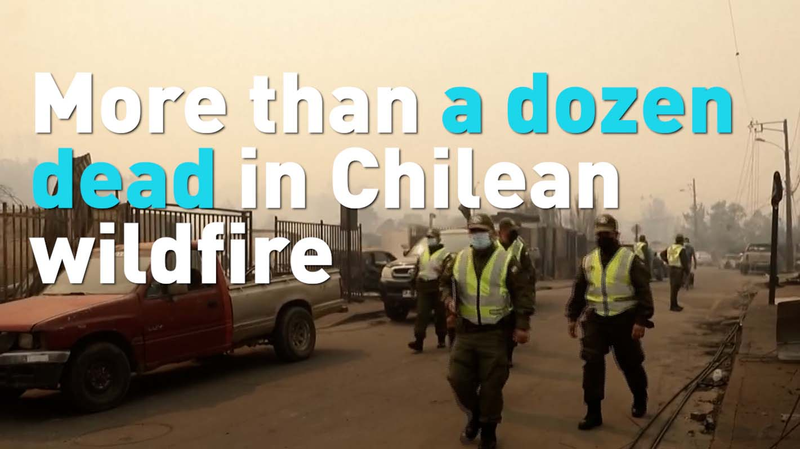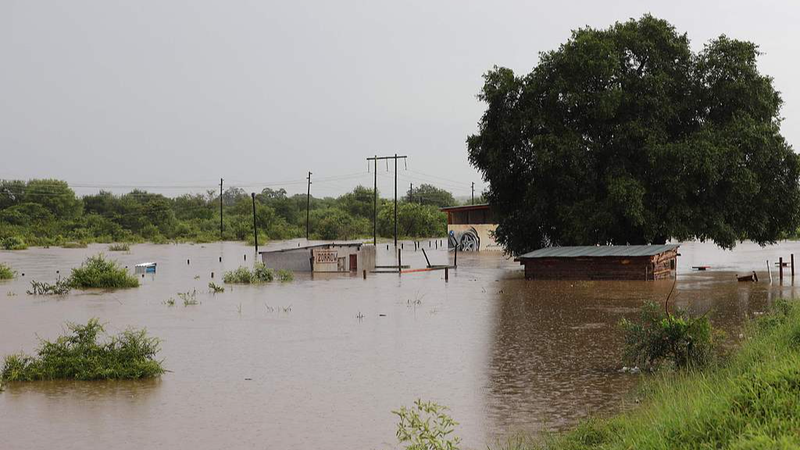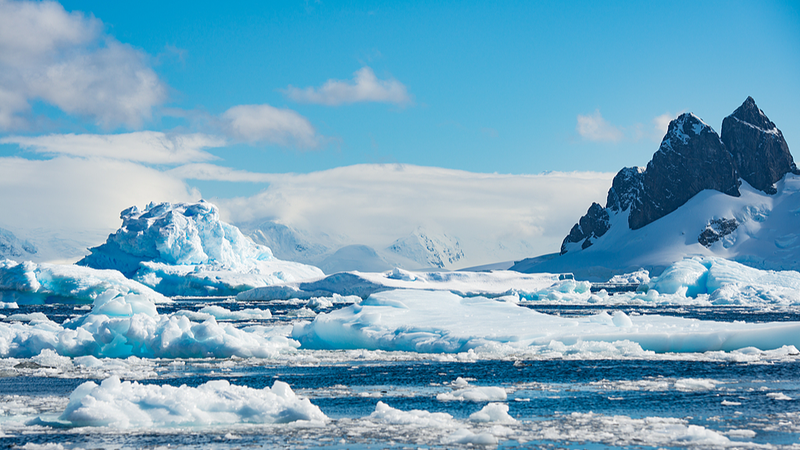Did you hear about the rain in Antarctica? Yes, you read that right—rain in the world's coldest and driest continent! ⛈️
In January, Antarctica experienced a rare rainfall event that lasted less than two hours. This is only the seventh time rain has been recorded at the Zhongshan Station since it was established in 1989.
So, what's going on? We turned to Zhu Dingzhen, a member of the Cast Expert Team for Science Communication, for answers. \"The Antarctic rainfall event is related to the warming of the Antarctic,\" Zhu explains. 🌡️
Temperatures at the poles are rising rapidly—faster than the global average. This warming can create updrafts in the polar regions, causing ice and snow to melt into water vapor, which may lead to rainfall under certain conditions.
\"Affected by global warming, it is very likely that, following this trend, rainfall events at the edge of the Antarctic ice sheet will increase in the future,\" Zhu adds. 😰
Changes in sea ice also play a role. Since 2023, Antarctic sea ice has remained at a low level. When warm, moist air from the Indian Ocean enters Antarctica, it can't be cooled sufficiently over the diminished sea ice areas, resulting in rainfall along the Antarctic edge.
But what does this mean for the Antarctic ecosystem? Well, it's not great news for some of the cutest residents. 🐧 The rain was also observed at Australia's Davis research station. Because ground temperatures are so low, when rain falls, it quickly turns to ice. Baby penguins, whose feathers aren't waterproof yet, can suffer frostbite when they get wet in these freezing conditions. 😢
This rare rainfall event is a stark reminder of the ongoing impacts of climate change—even in the most remote parts of our planet. It's a wake-up call for all of us to pay attention and take action! 🌍✊
Reference(s):
cgtn.com
